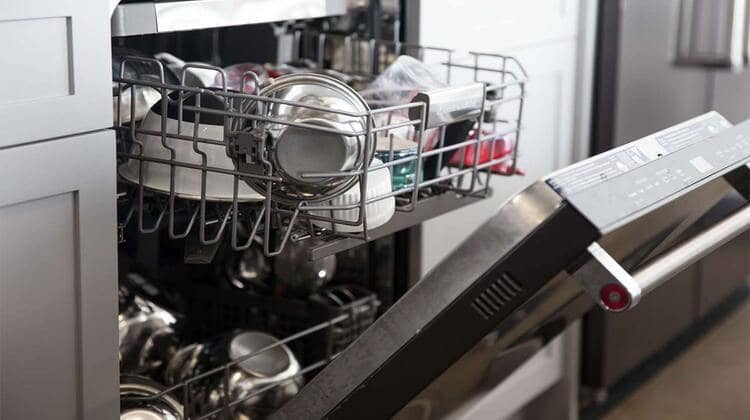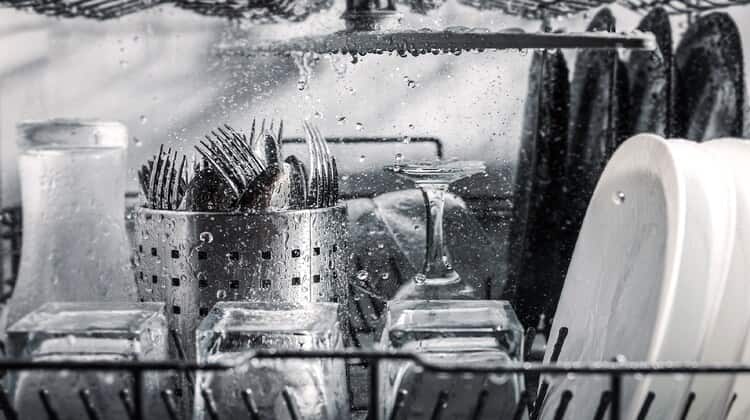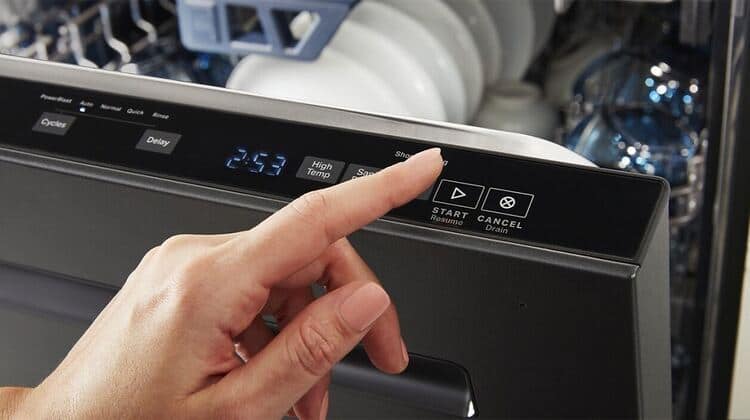Dishwashers Really Use A Lot Of Water?
Owning a dishwasher is often viewed as a luxury, especially with concerns about rising utility bills. Many wonder if investing in this appliance will lead to exorbitant water consumption. In this article, we’ll debunk myths surrounding dishwasher water usage and shed light on whether these appliances are water-wise.
Do Dishwashers Use Up A Lot Of Water?
Contrary to popular belief, dishwashers are not water guzzlers. Modern models, mandated to prioritize efficiency, use approximately 9 liters of water per load. This marks a significant reduction compared to older models, some of which consumed over 20 liters per cycle. Upgrading to a newer, more efficient dishwasher can yield substantial water savings.
Pre-rinsing dishes before loading them into the dishwasher can inflate water consumption unnecessarily. Today’s dishwashers are adept at tackling food residue, eliminating the need for pre-rinsing and conserving water.
Additionally, dishwasher size influences water usage, with larger models consuming more water. Downsizing to a smaller dishwasher is advisable for households with minimal dishwashing needs.

Can Handwashing Save Water?
While handwashing dishes was once believed to be more water-efficient, the reality has evolved. Handwashing typically involves repeatedly refilling a washing bowl or running dishes under hot tap water, resulting in substantial water usage. In contrast, dishwashers utilize specialized detergents and efficient water distribution to clean dishes thoroughly with less water. For households washing numerous dishes, a dishwasher proves to be more water-saving.
Dishwasher Electricity Consumption:
While dishwashers do consume electricity, their energy efficiency often surpasses handwashing. Handwashing necessitates heating water and consuming energy to maintain an optimal temperature. In contrast, dishwashers utilize heating elements to warm water for cleaning, often accompanied by energy-saving features like Eco-mode. Despite potentially longer cycles, Eco-mode significantly reduces electricity consumption, making dishwashers a cost-effective choice in the long run.

Conclusion:
Dispelling misconceptions about dishwasher water usage reveals them to be efficient and economical appliances. Upgrading to a modern, water-efficient dishwasher and foregoing pre-rinsing can yield substantial water savings. Moreover, their electricity consumption, when mitigated by energy-saving features, makes them a viable option for environmentally conscious households seeking to reduce utility bills.



